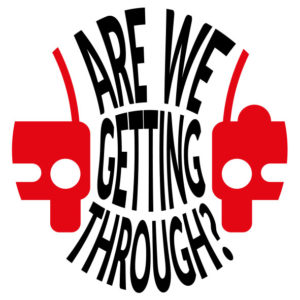
In an emergency, every second that the emergency services are delayed could have serious, life threatening consequences. We are asking drivers to think when they are parking and ask themselves the question: ‘Are we getting through?’
Our smallest appliance needs a minimum of 3m, or the width of two cars, to pass safely. If you called for help, you would want to know we’re getting through.
Poor or inconsiderate parking, even if only for a few minutes, can delay us during an emergency call and, in the case of a rapidly developing fire, every second counts.
Roads near schools are often difficult to pass through safely, especially when cars are dropping off or picking up children. You may not be parking illegally, but is there a smarter option? Would a space a few metres away be a better place to stop?
Poor or inconsiderate parking is not limited to roads near schools and often affects high streets and the roads by fire stations.
If you’ve ever wanted to know what it can be like, this video shows some of the issues we face every day.
Did you know that, when called, our on-call firefighters have to be at their station within five minutes? Any delay in arriving has a negative effect on our operational effectiveness. Don’t let your car be the one that slows us in an emergency.
We have put together some top tips for you to remember when parking:
- Pull in your wing mirrors (don’t forget to flip them out before driving off)
- Don’t park too close to corners, fire engines are larger than cars and need more room to turn
- If you’re parking opposite someone, remember that a fire engine needs 3m, or two car widths, to pass safely
- Make sure your wheels are straight and not sticking out
- Park as close to the kerb as you can
- Always follow the Highway Code and obey the road markings such as yellow lines and box junctions
- In narrow streets, only park on one side of the road where possible
- Make sure you leave enough space for pedestrians on the pavement
- Don’t block driveways
If there are issues with access in your area, please contact your local authority (BCP Council, Dorset Council, Swindon Borough Council or Wiltshire Council). Your town or parish council may also be able to help raise your concerns.


